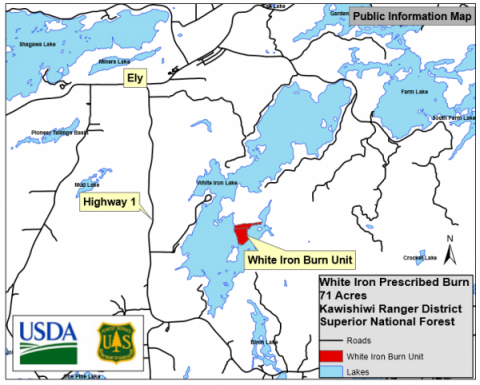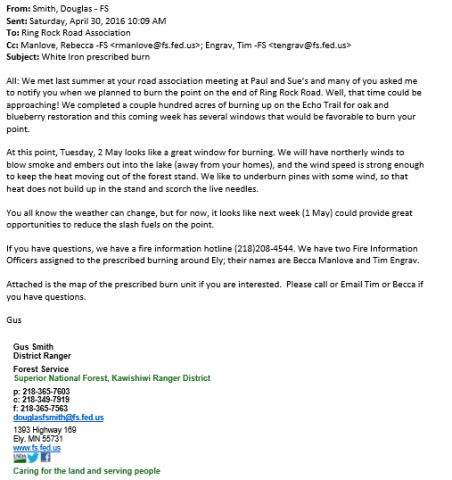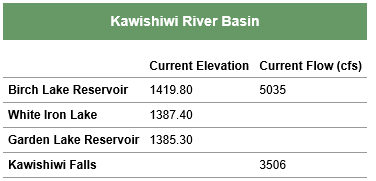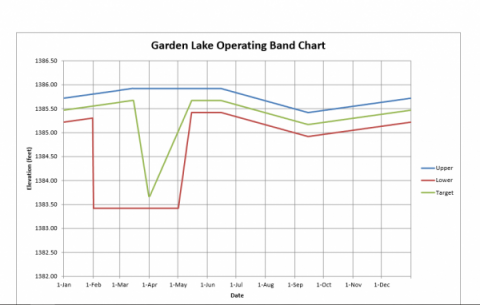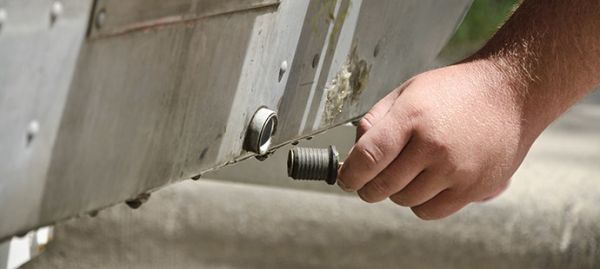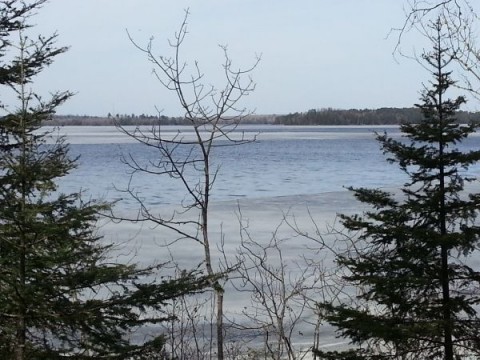DNR to host public information meeting in advance of PolyMet permit application
DNR NEWS – March 17, 2016
The Minnesota Department of Natural Resources is hosting a public information meeting on Tuesday, April 19, about PolyMet Mining, Inc.’s potential permit to mine application for its proposed NorthMet project. The meeting will be at Mesabi East High School, 601 North 1st St. W., Aurora, from 6 p.m. to 8:30 p.m.
The purpose of the meeting is to inform the public that PolyMet might submit a permit to mine application and to provide an overview of the permitting process. Under state rules, the Minnesota Pollution Control Agency, Environmental Quality Board, St. Louis County and the cities of Babbitt, Aurora and Hoyt Lakes, which are near the proposed mine, have been invited to participate. The meeting is in Aurora to enable local government participation.
The meeting will include a formal presentation and an open house. The formal presentation, which begins at 6:30 p.m., will provide an overview of the proposed mining project and the permit to mine process. It will also include a brief summary of the other state permits that may be required for the project. State agency staff and PolyMet representatives will be available during the open house to answer questions about the permit to mine process and other permit processes, such as tailings dam safety, water quality, air quality, wetlands and others.
Project permit applications have not yet been submitted. Formal public comment on permits will not be taken at this point. However, if applications are received, there will be future opportunities to both obtain information about the applications and review and comment on draft permit decisions.
State agencies are currently developing a centralized website for the PolyMet permitting process. The DNR will announce when the website is ready through its email system and will post the presentation material from the meeting on April 19. The website will also include directions on how to sign up for updates on the permitting process.
About the NorthMet mine proposal
The proposed NorthMet mine project would be located in the St. Louis River watershed on the eastern edge of the Mesabi Iron Range, about 6 miles south of Babbitt and about 1 mile south of the existing iron-ore Northshore Mine. The ore would be processed at a former industrial site, the LTV plant in Hoyt Lakes.
The total project area would include the open pit mine, a processing plant, tailings basin and an existing 7-mile-long railroad corridor for ore transport between the mine and the processing plant.
